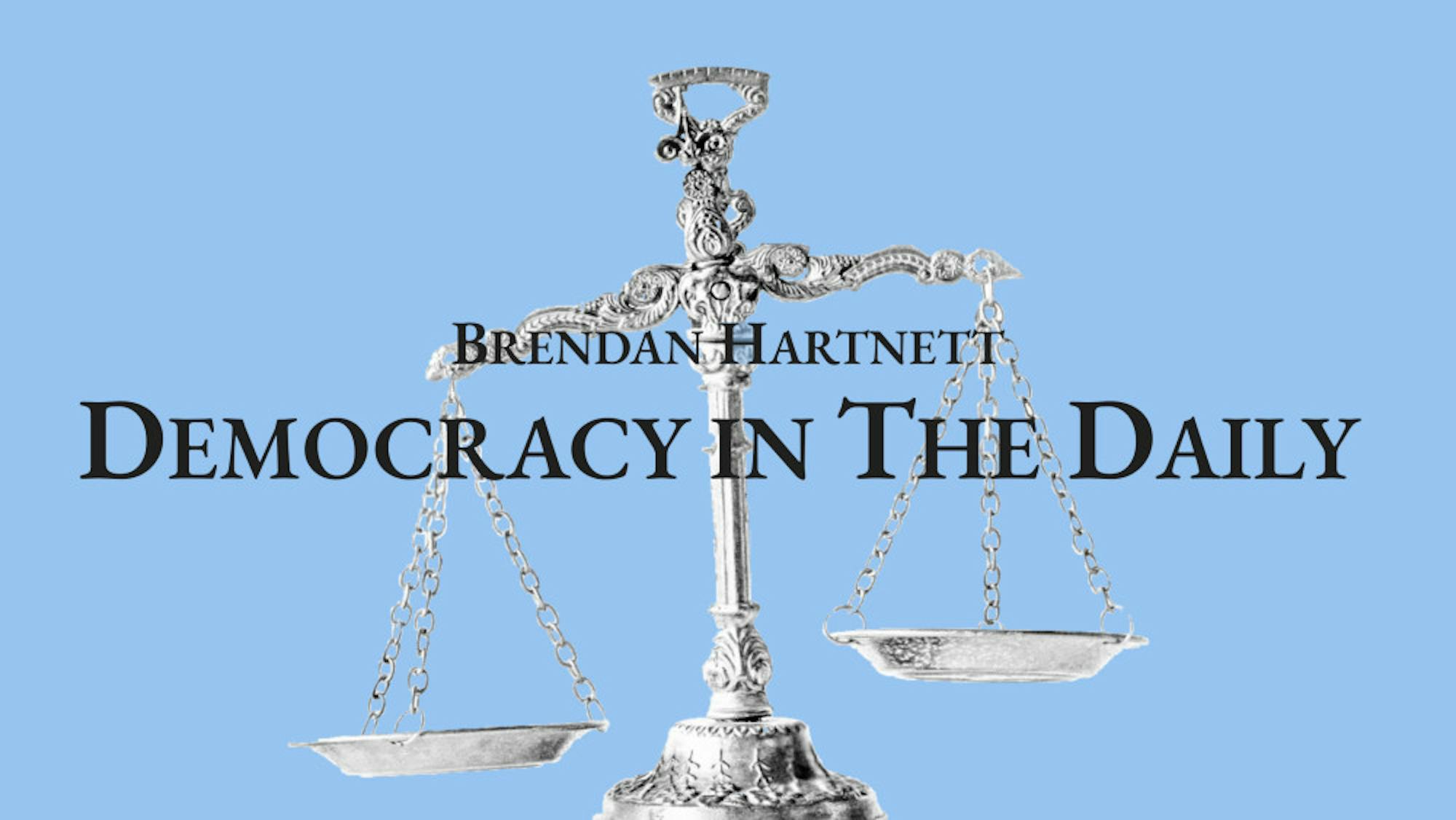Since 2010, post-CommunistHungary has been Exhibit A in the annals of democratic backsliding into competitive authoritarianism. A facade of democracy has been erected in Hungary, masking a repressive and illiberal government, which has subsequently spread to other countries in the region.
Prime Minister Viktor Orbán and his party, Fidesz, came to power in a democratic regime, but following Orbán’s electoral victory in 2010, he transformed the regime to consolidate his power,implementing a newconstitution to lock in his party’s electoral advantage. Thanks to itscontrol of theNational Election Commission, Orbán’s party has exploited campaign finance rules to fundsham parties that split the vote of legitimate opposition parties challenging Fidesz. Consequently, Fidesz has maintained aparliamentary majority despite receiving only a plurality of the vote in the pasttwo elections.
Institutional manipulations have further consolidated Orbán’s competitive authoritarian rule, as Orbánpacked nominally independentstate agencies and courts with partisan allies. These institutions, consequently, have beenweaponized, leveraging fines and erroneous audits against Fidesz’s political opponents.
Orbán has attacked institutions of Western liberalism, his main target being Budapest’sCentral European University, a “hub of liberal thought” funded by billionaire philanthropist George Soros, which wascrippled as Orbán passed legislation inhibiting the university from granting U.S. diplomas. In 2018, the Fidesz party passed a “Stop Soros law” — an ill-defined piece of legislation that allows for the imprisonment of those who provide assistance to undocumented immigrants. Thislaw and others like it have been used not only to attack nongovernmental organizations that aid migrants, but also to attack proponents of liberalism who challenge the Fidesz government and its illiberal democracy.
Capitalizing on the COVID-19 pandemic, the Fidesz-controlled parliament further centralized power by granting Orbán the ability torule by decree. Thisallowed Orbán to bypass parliament in the policymaking process, restrict access to state information and arrest those who spread false information about the virus. These abilities were deemed autocratic by democracywatchdog groups, as they served as another effort by Orbán to consolidate his power. While the national emergency that granted Orbán this ability ended in June, Hungary has now set legal precedent for theunlimited use of government powers.
The centralization of power under Orbán in Hungary is, arguably, the most noticeable trend in global governance since the end of the Cold War. What was heralded as the triumph of Western liberalism has been short-lived. Global democracy levels havereceded since 2006, in large part due to the rise ofstrongmen who havedefied the commonly held conception that democracy and authoritarianism are the only two regime types.
The strongmen have worked to institutionalize political advantages over incumbents, capture independent state agencies, restrict civil liberties and strengthen executive power. Hungary — followed by Poland, Turkey, thePhilippines and, arguably, the United States under Trump — hasexperienced this trend to the most significant extent. This has been identified as a new regime type:competitive authoritarianism. This system gives off the impression of democracy, but the incumbent’s institutionalization of political advantage is to such an extent that competitive politics, and with them the endurance of a democratic world order, are improbable.






